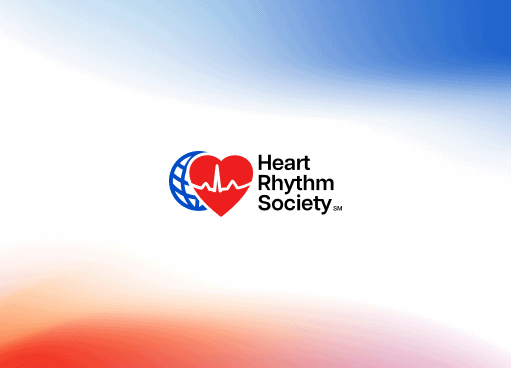SAN DIEGO, CA, APRIL 25, 2025 – A new study using data from the National Institutes of Health’s (NIH) All of Us Research Program found that artificial intelligence (AI) may be able to predict the risk of hospitalization from wearable fitness tracker data. Researchers presented these findings as an oral abstract today at Heart Rhythm 2025.
Nearly one in three Americans uses a wearable fitness device, such as a smartwatch, to track their health.i These devices continuously gather and analyze long-term data on behavioral and physiological functions, offering clinicians a more detailed understanding of a patient’s health compared to the intermittent data collected during office visits or hospital stays. Wearable devices have diverse clinical applications, including arrhythmia screening for high-risk individuals and remote management of chronic conditions like heart failure or peripheral artery disease (PAD).ii
In this study, researchers looked at Fitbit and electronic health information from more than 14,000 participants across the U.S. – 70% of whom were women. Using heart rate and step count data, researchers tested different machine learning models to see how well they could identify people at risk of being hospitalized. The best model was highly accurate, correctly predicting hospitalizations 91% of the time.
“We were hopeful that machine learning techniques could offer some predictive value for clinical outcomes like hospitalizations by analyzing large sets of wearable fitness tracker data,” said John Kundrick, MD, MPH, University of Pittsburgh Medical Center (UPMC). “We were surprised and encouraged by how robust the performance of some of the models were in regard to accuracy, area under the receiver operating characteristic curve, and F1 score.”
These findings highlight the potential of using wearable fitness tracker data combined with artificial intelligence to predict clinical outcomes. This approach could significantly impact patient care by helping clinicians use personal wearable device data more effectively to risk-stratify patients. Moreover, machine learning proves to be an effective method for analyzing the large and complex datasets produced by wearable devices, enhancing the precision and relevance of the predictions.
Session Details
“Predicting Patient Risk and Outcomes Using Artificial Intelligence: Predicting All-Cause Hospitalizations Using Machine Learning Applied to Wearable Fitness Tracker Step Data” [Thursday, April 24, 2025 at 4:00 pm PT]
i Dhingra LS, Aminorroaya A, Oikonomou EK, Nargesi AA, Wilson FP, Krumholz HM, Khera R. Use of wearable devices in individuals with or at risk for cardiovascular disease in the US, 2019 to 2020. JAMA Network Open. 2023; 6(6): e2316634.
ii Hughes A, Shandhi MM, Master H, Dunn J, Brittain E. Wearable devices in cardiovascular medicine. Circulation research. 2023 Mar 3;132(5):652-70.
###
About the Heart Rhythm Society
The Heart Rhythm Society is the international leader in science, education, and advocacy for cardiac arrhythmia professionals and patients and is the primary information resource on heart rhythm disorders. Its mission is to improve the care of patients by promoting research, education, and optimal healthcare policies and standards. Incorporated in 1979 and based in Washington, D.C., it has a membership of more than 9,000 heart rhythm professionals from 94 countries. For more information, visit www.HRSonline.org.
About Heart Rhythm 2025
The Heart Rhythm Society’s annual Heart Rhythm meeting convenes 9,500 of the world’s finest clinicians, scientists, researchers, and innovators in cardiac pacing and electrophysiology. More than 2,000 international experts in the field will serve as faculty for the 200+ educational sessions, forums, symposia, and ceremonies, while 110+ exhibitors will showcase innovative products and services. For more information, visit www.HeartRhythm.com
Related Posts

Press Releases
Heart Rhythm Society to Develop Pulsed Field Ablation Data Collection Platform
December 17, 2025

Press Releases
Heart Rhythm Society Names New CEO to Assume Position in March 2026
December 11, 2025

Press Releases
HRS and ACC Release Joint Scientific Statement for Performing Ablation Procedures in Ambulatory Surgical Centers
November 24, 2025